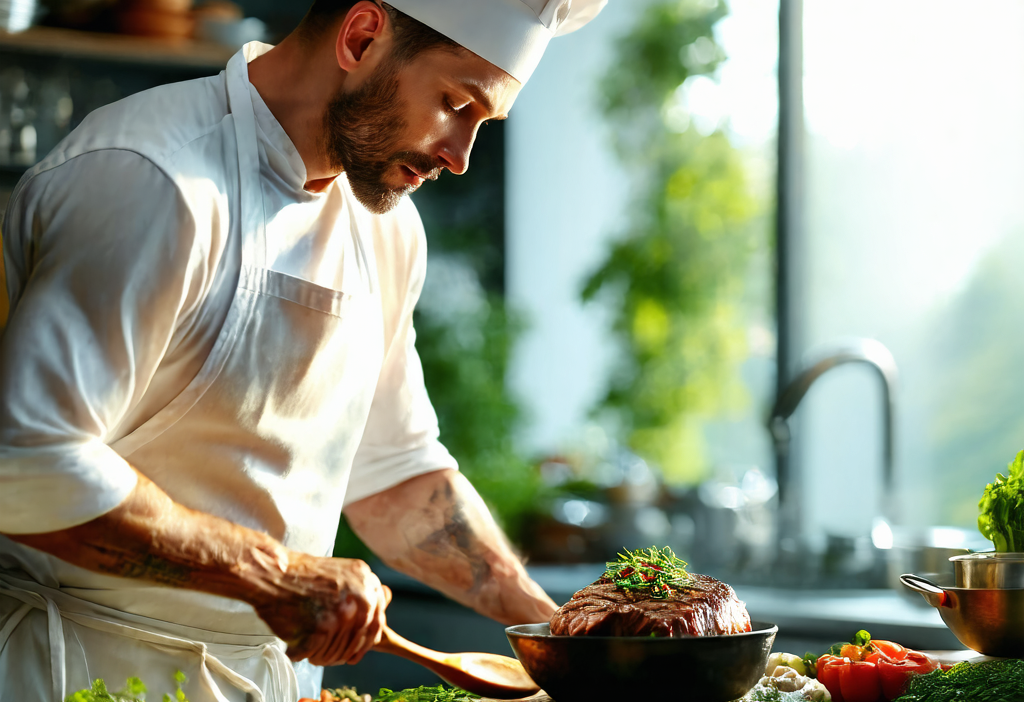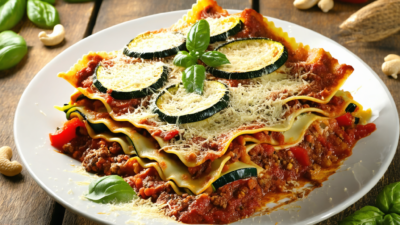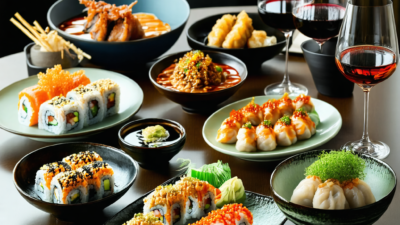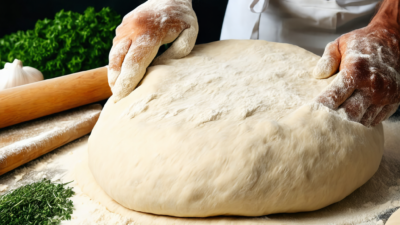Mastering Culinary Skills: A Comprehensive Guide
Cooking is an art that can be refined with practice, patience, and the right techniques. Whether you’re a novice in the kitchen or a seasoned home chef, there’s always something new to learn. In this guide, we’ll walk you through expert tips, tricks, and innovative recipe ideas to help you elevate your culinary game.
1. Mastering the Basics
Before diving into complex recipes, it’s essential to master the fundamentals. Start with perfecting knife skills, understanding cooking temperatures, and learning how to balance flavors. Here are some key basics every aspiring chef should know:
- Slicing techniques: Learn the difference between dicing, chopping, and slicing. Each method affects texture and flavor release.
- Temperature control: Cooking at the right temperature ensures your dishes are evenly cooked without burning.
- Flavor balance: Experiment with herbs, spices, and seasonings to create harmonious taste profiles.
2. Essential Kitchen Tools
Your kitchen is your canvas, and the right tools can make all the difference. Here’s a list of must-have gadgets:
- Multipurpose knife set: A chef’s knife,paring knife, and serrated knife cover most cutting needs.
- Non-stick pans: Perfect for searing meats and cooking delicate dishes without sticking.
- Cooking thermometer: Ensures your food is cooked to the perfect internal temperature.
3. Creative Recipe Ideas
Bored of the same old meals? Spice up your menu with these unique recipe ideas:
- Herb-crusted salmon: Combine fresh herbs like dill and parsley with breadcrumbs for a crispy finish.
- Vegetarian stuffed peppers: Use colorful bell peppers filled with quinoa, tomatoes, and feta cheese.
- Sweet potato gnocchi: A healthier twist on traditional gnocchi that’s rich in fiber and vitamins.
4. Time-Saving Hacks for Busy Cooks
Even with a packed schedule, you can still enjoy home-cooked meals. Here are some hacks to save time without compromising on quality:
- Batch cooking: Prepare large batches of staples like grains or proteins for quick meal assembly throughout the week.
- Slow cooker meals: Set it and forget it with hearty stews and roasts that simmer while you’re busy.
- Meal prepping: Spend one day a week planning and prepping your meals to streamline your cooking process.
5. Elevating Presentation
A beautifully plated dish can turn an ordinary meal into a special occasion. Consider these presentation tips:
- Use contrasting colors: Pair vibrant vegetables with neutral proteins for an eye-catching contrast.
- Add texture: Incorporate elements like crispy bacon, crunchy nuts, or soft cheeses to add interest.
- Simplify the plate: Focus on a few key components and use negative space to let the food shine.
6. Embracing Experimentation
Cooking is all about creativity and exploration. Don’t be afraid to experiment with new ingredients or techniques. Here are some ideas to get you started:
- Global cuisine fusion: Combine elements from different cultures for unique flavor combinations.
- Seasonal cooking: Use fresh, seasonal produce to create vibrant and flavorful dishes.
- Sustainable practices: Incorporate locally sourced ingredients and reduce food waste by repurposing scraps into stocks or compost.
7. Must-Watch Cooking Shows for Inspiration
If you’re looking for inspiration, check out these must-watch cooking shows:
- ‘The Great British Bake Off’: Learn classic baking techniques and creative dessert ideas.
- ‘Chef’s Table’: Gain insights into the culinary world through intimate portraits of top chefs.
- ‘Mind of a Chef’: Explore the creative process behind crafting memorable dishes.
8. Building a Personalized Spice Rack
Your spice rack is the heart of your cooking. Here’s how to build one that suits your tastes:
- Essentials first: Start with basics like salt, pepper, paprika, and cumin.
- Add complexity: Gradually introduce more exotic spices like turmeric, coriander, or cardamom as you experiment.
- Organize your collection: Keep your spices in a cool, dry place and label them clearly for easy access.
9. Perfecting Baking Techniques
Baking requires precision and attention to detail. Here are some tips for perfect results:
- Precision in measurements: Use precise measuring cups and spoons to ensure accurate ingredient ratios.
- Preheating the oven: Always preheat your oven to the recommended temperature before baking.
- Don’t open the oven too soon: Resist the urge to peek, as this can cause baked goods to collapse or burn unevenly.
10. Staying Inspired and Motivated
To keep your passion for cooking alive, surround yourself with inspiration:
- Cooking blogs: Follow food bloggers who share creative recipes and tips.
- Recipe books: Invest in cookbooks by renowned chefs for fresh ideas and expert guidance.
- Cooking classes: Enroll in local or online cooking classes to learn new skills and meet fellow food enthusiasts.
Conclusion
Becoming a master chef takes time, effort, and a willingness to learn. By focusing on the basics, investing in quality tools, experimenting with new recipes, and staying inspired, you can elevate your culinary skills to new heights. Happy cooking!





